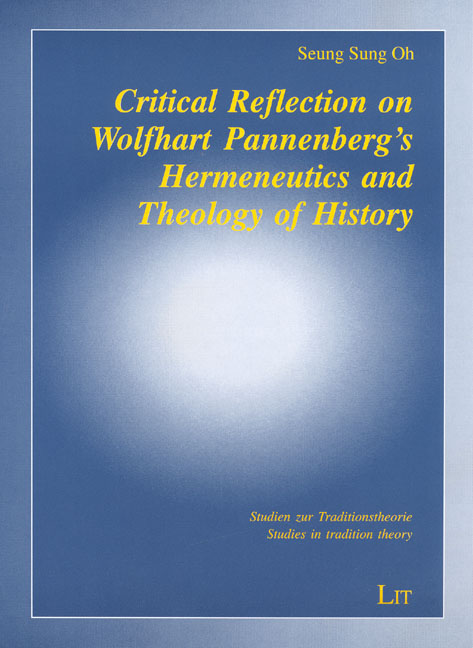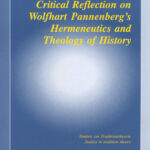Beschreibung
This work is a critical reflection on Wolfhart Pannenberg’s hermeneutics
and theology of history from the transversal point of view. Basically
giving his consent to the transversal thinking of W. Welsch and C. O.
Schrag, the author of the book diagnoses that now it is the
post-postmodern age which requires the dialectical unification between
modern linear totality and postmodern parallel Separation, in other words,
the transversal age, and criticizes not only Pannenberg’s understanding
of Dilthey, Heidegger, Bultmann, Gadamer and Habermas but also his
understanding of history from the transversal point of view. Following
these criticisms, the author reinterprets the postmodern thinking of
Foucault and Derrida from the postfoundational point of view and
introduces the transcendental thinking of Kant and Habermas which frees
itselffrom the identitiy-centric thinking into his transversal thinking in
order to reinforce the deontological aspect of knowledge. The book tries
to seekfor possible conditions of global theology through the
postfoundational criticism on Pannenberg’s theology which still remains
modern in spite ofhis transversal intent.


